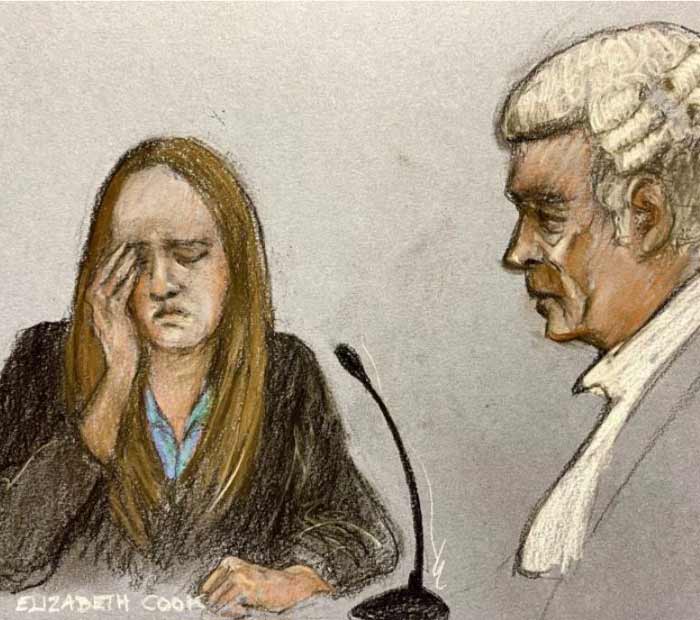“I’m Here For the Court” – A challenge to Expert Evidence and a Robust Response
August 2023
The recent UK case of R v Letby involved a bid to exclude an expert’s evidence, and a very robust response by the expert.

Background
The case itself is a very sad one. Lucy Letby was a neo-natal nurse at a hospital in Chester, UK. During a 13 month period in 2015-2016 seven babies died and serious complications arose in respect of six others which ultimately survived. In August 2023, Letby was charged with murder and attempted murder in respect of those babies.
Crucial to the evidence in the case was that of an expert, Dr Dewi Evans, a retired consultant paediatrician. Dr Evans gave expert evidence on the likely causes of death of the babies, the complications, as well as hospital processes.
The Challenge
Three months into Letby’s trial, the defence made an application to strike out Dr Evans’ evidence on the basis he had failed to act with the independence, impartiality and objectivity required of such a witness. The application was made to the judge, in the absence of the jury.
The judge, Mr Justice Goss, refused the application. It was for the jury “to determine, as with any witness, [Dr Evans’] reliability, having regard to all the evidence in the case”.
Dr Evans was also subject to repeated attacks on his impartiality in front of the jury for apparently adopting a partisan approach to the case. He was accused of repeatedly “reaching for things to support the allegations rather than reflecting the facts”, and for “touting” for the role by sending an email to the National Crime Agency offering to lend his support to their investigation.
Further attacks also arose from a prior, unrelated civil trial in which Dr Evans was involved with, and in which his evidence was described by a judge as worthless.
The Response
Dr Evans defended his impartiality and his evidence during cross examination.
Dr Evans said he was merely “offering” his professional opinion and that his “opinions are impartial and independent.” He was “more than happy” to stand by his report.
Dr Evans said he found the suggestion of partiality insulting. He robustly defended his position: “I’m completely independent. I have been giving evidence in court for a long time. I know about impartiality. I know about the rules. I’m not here for the prosecution. I’m not here for the defence. I’m here for the court.”
Result
Letby was convicted on the various charges.
Comment
This case highlights several important points.
Firstly, it re-emphasises the fact that in criminal trials with a jury it is for the jury, and not the judge, to assess and determine the reliability of the witnesses’ evidence.
Second, it shows how repeated and sustained challenges to an expert’s independence can arise during cross examination, and how these can be effectively rebutted through measured and considered responses.
Thirdly it shows that experts who are involved with the police investigation must ensure that they stay impartial in their investigation, and must be able to defend themselves and their independence should it be challenged.
Finally, it reiterates the importance of independent expert evidence to the judicial system, and the important role experts play in assisting the court (and not the parties) in understanding the issues at hand.
About the author:
Tom Nevin is a solicitor and director at Loquitur, Australia’s leading witness training provider. Specially prepared courses are available for lay (factual) witnesses, expert witnesses and other sorts of professional witnesses, such as medical professionals, police witnesses, emergency responders and public servants.
